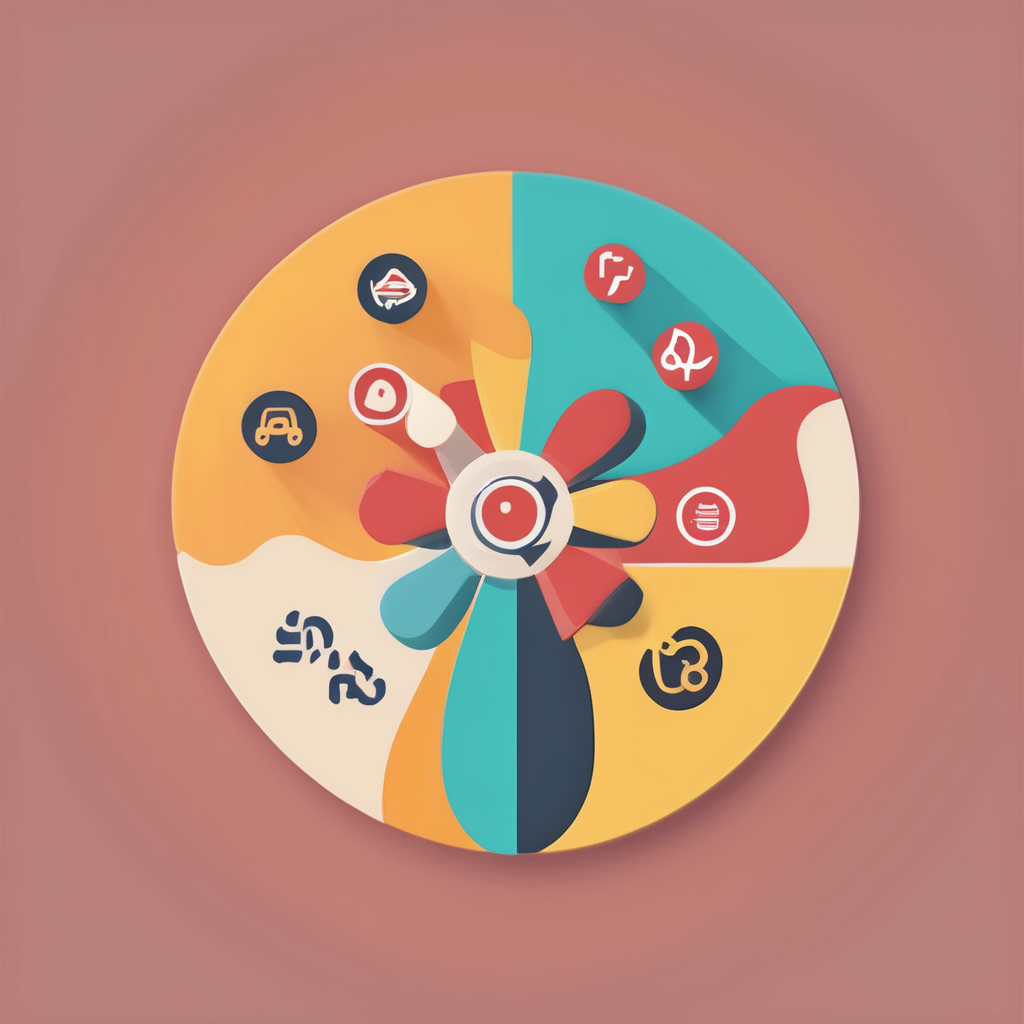Anxiety can feel overwhelming, often creeping in and stealing our peace. Thankfully, effective strategies exist to help calm these fears before they escalate into panic attacks. This guide shares practical, evidence-based techniques that empower you to reclaim control over your mental health. From breathing exercises and mindfulness practices to lifestyle changes, discover ways to build resilience and foster a supportive community, ensuring you’re never alone in your journey.
Strategies for Anxiety Management
Understanding how to manage anxiety effectively is crucial for maintaining mental well-being. Evidence-based techniques like Cognitive Behavioral Therapy (CBT) have proven highly effective in helping individuals gain insight into their anxiety patterns and develop practical coping skills. Known to reduce symptoms by challenging negative thought patterns, CBT is a potent strategy for anxiety relief.
In parallel : Unlock the life-changing benefits of incorporating mindful breathing into your daily routine
Crucially, practical coping strategies, such as breathing exercises and grounding techniques, play a vital role in curbing anxiety. Breathing exercises, like the 4-7-8 method, can rapidly trigger relaxation responses. Grounding techniques, including focusing on physical surroundings, help divert the mind from spiraling anxious thoughts. Utilizing these methods can provide immediate anxiety relief.
Identifying personal anxiety triggers is equally important. Whether anxiety stems from significant life events like job changes or minor daily stressors, recognition allows for tailored approaches to cope effectively. Tools like journaling can illuminate patterns, aiding in understanding these triggers. For additional support, resources like https://anxietychecklist.com/ offer practical checklists that guide individuals in tracking progress and implementing strategies effectively.
This might interest you : Holistic approaches to empower autoimmune disorder management: essential best practices for optimal health
Incorporating these strategies into daily routines empowers individuals to take control of their anxiety and enhance their well-being with accessible, practical solutions.
Mindfulness and Relaxation Techniques
The Role of Mindfulness in Reducing Anxiety
Mindfulness, a practice rooted in being present and aware, can significantly reduce anxiety symptoms by breaking the cycle of worry. By focusing on the present moment, individuals can lessen the grip of intrusive thoughts and worries that often escalate anxiety. Regular mindfulness practice, such as mindful breathing or body scanning, allows individuals to build resilience against stress and manage emotional responses more effectively.
Effective Breathing Exercises
Breathing exercises play a pivotal role in anxiety management, providing immediate calm during moments of panic. Techniques like diaphragmatic breathing involve slow, deep breaths that expand the diaphragm, signaling to the body that it’s safe to relax. Another popular method is box breathing, which involves inhaling, holding the breath, exhaling, and pausing, each for a count of four. These exercises help in grounding the mind, regulating heart rate, and promoting relaxation.
Visualization Techniques for Relaxation
Visualization techniques employ the power of imagination to create soothing mental images, thus alleviating anxiety. By envisioning peaceful scenarios, like lying on a serene beach or walking through a quiet forest, individuals can shift their focus away from stressors. This mental imagery encourages relaxation by engaging the same neural pathways as real-life experiences, providing a mental escape during anxiety or panic attacks.
Lifestyle Changes to Enhance Mental Well-being
Importance of Regular Physical Activity
Engaging in regular physical activity is a proven strategy for reducing anxiety. Exercise releases endorphins, which are natural mood lifters, and can decrease stress hormones like cortisol. A simple daily routine of aerobic exercises, such as walking, swimming, or cycling, can significantly alleviate anxiety symptoms. For those dealing with anxiety, integrating exercise into your lifestyle not only improves physical health but also fosters mental resilience.
Establishing a Healthy Sleep Routine
Sleep plays a critical role in managing anxiety. Developing a regular sleep routine—going to bed and waking up at the same time daily—helps in stabilizing mood and energy levels. Incorporating good sleep hygiene practices, like limiting screen time before bed and creating a calming bedtime ritual, can support anxiety management. Adequate rest is essential to maintain optimal mental function and emotional balance.
Nutrition’s Role in Managing Anxiety
Diet is a powerful tool in managing anxiety. Consuming a balanced diet rich in omega-3 fatty acids, vitamins, and minerals supports brain health and reduces anxiety. Foods such as fatty fish, nuts, leafy greens, and whole grains are beneficial. Limiting caffeine and sugar intake can also prevent anxiety spikes. By prioritizing nutritious foods, individuals can experience more stable moods and better mental clarity.
Building Support Networks and Resources
The Benefits of Connecting with Support Groups
Being part of anxiety support groups offers emotional solace, a sense of belonging, and mutual understanding. Sharing experiences with others who face similar challenges can reduce feelings of isolation. Support groups, whether online or in-person, provide a platform to discuss fears without judgment. This setting fosters an environment where individuals can learn coping strategies for anxiety management from peers while also offering their insights.
Utilizing Online and Local Resources
For those seeking guidance and community, resources like the website Anxiety Checklist offer valuable tools to manage anxiety. The website combines personal stories with practical aids, like worksheets and educational content, to improve emotional well-being. Local resources, such as Mind organizations, are instrumental in connecting people to community resources for anxiety management. These organizations host workshops and events to promote understanding and provide further education on anxiety relief techniques, ensuring accessibility for all.
Engaging with Mental Health Professionals
Seeking professional help is crucial for effective management of anxiety. Engaging therapists or counselors provides personalized care and evidence-based practices, such as cognitive behavioral therapy for anxiety. Mental health professionals can help tailor strategies to individual needs, offering structured approaches to overcoming challenges. Their support is indispensable in navigating complex emotions and implementing mindfulness and breathing exercises to foster resilience against panic attacks.











